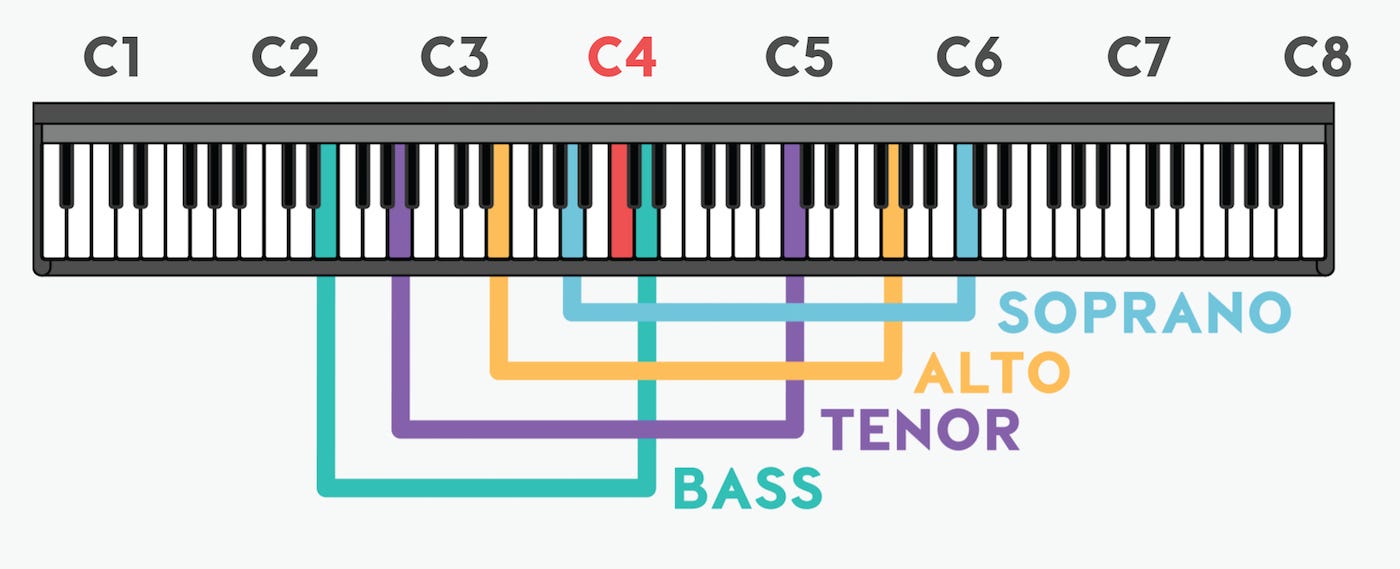Like most who play an instrument, I have always longed to sing like an influential hero. Ray Charles was the first to catch my ear. I thought I could easily mimic his sound until I discovered the depth of his range, the precision of his control, and the unwavering perfection of his pitch. Beyond that, there was phrasing—his impeccable sense of timing—and the emotional complexity that lay just beneath the surface. Then came Otis Redding. I gravitated toward singers steeped in gospel, those who could testify with soul. Steve Winwood. Stevie Wonder. Those Stevie’s.
I sang my heart out. I recorded track after track and even had a respectable stay on the radio. A few turntable hits here and there, yet I never found myself a fully polished vocalist. I could hit a raw nerve on occasion, but I never became a committed soldier of song.
Much of this, I believe, came down to range. A wide vocal range allows an artist to write songs without limitations, much like composing on an instrument, where creativity knows no finality. Billie Holiday and Willie Nelson, for instance, accomplish so much with their unique gifts—voices born from the soil that nurtures the earth, rich with authenticity and life experience.
I stopped singing in the early days of the COVID-19 pandemic, and for good reason. My heart gave out—not the physical heart, but the emotional drive, the dedication, the sheer enjoyment. And I'm good with that. In my youth, I sang six nights a week, four hours a night. That race is over. Yet, I continue to marvel at those who have crossed the great divide and soared into the stratosphere with their voices.
In the vast and varied landscape of popular music, certain artists emerge as titans, not merely for their artistry, but for the sheer breadth of their vocal capabilities. Among these, a select few stand out, their voices spanning extraordinary ranges and captivating audiences across genres and generations.
Mariah Carey, often hailed as the "Songbird Supreme," possesses a remarkable five-octave range, from G2 to G7. Her mastery of the whistle register allows her to reach crystalline highs, while her lower register remains rich and resonant. This versatility enables her to seamlessly traverse genres, from pop ballads to R&B classics, making her a paragon of vocal prowess.
Similarly, Axl Rose, the enigmatic frontman of Guns N' Roses, boasts a range of five octaves, from F1 to B♭6. His ability to deliver gritty, powerful lows and soaring, piercing highs has been a defining feature of the band's sound. Tracks like "Welcome to the Jungle" and "Sweet Child O' Mine" showcase his dynamic range and emotive delivery.
The late Prince was another virtuoso, with a range exceeding four octaves, from E2 to B6. His falsetto could convey vulnerability and sensuality, while his lower tones exuded confidence and authority. Prince's eclectic style and genre-blending compositions were complemented by his vocal flexibility, allowing him to experiment and innovate in ways few artists could.
Freddie Mercury, the legendary lead singer of Queen, possessed a near four-octave range, from F2 to F6. His operatic training and unparalleled control allowed him to infuse rock music with a theatricality and emotional depth unprecedented. Anthems like "Bohemian Rhapsody" and "Somebody to Love" are indications of his vocal dexterity and expressive power.
In contemporary music, Ariana Grande has emerged as a vocal powerhouse, with a range spanning over four octaves, from D3 to B♭7. Her seamless transitions between registers and her command of the whistle tone have drawn comparisons to Mariah Carey. Songs like "Dangerous Woman" and "Into You" highlight her ability to deliver both powerful belts and delicate high notes with equal finesse.
Mike Patton, known for his work with Faith No More and Mr. Bungle, possesses one of the widest recorded ranges in popular music, exceeding six octaves from E♭1 to E7. His experimental approach to vocals incorporates a vast array of techniques, from guttural growls to operatic highs, showcasing a fearless exploration of the human voice's capabilities.
While vocal range is a remarkable metric, it is not the sole measure of greatness. Many singers with more limited ranges—like Bob Dylan or Billie Holiday—have left profound impacts on music due to their distinctive tone, phrasing, and emotional delivery. However, those with extraordinary ranges captivate audiences by exploring the full expressive potential of the human voice, leaving an indelible mark on popular music.




I agree.
Joe Boyd in an interview with Bob Lefsetz suggested the melodies of the day are sorely lacking in range. Seldom does a modern melody veer into an upper or lower octave, like a Joni Mitchell. You might be on to something Bill.